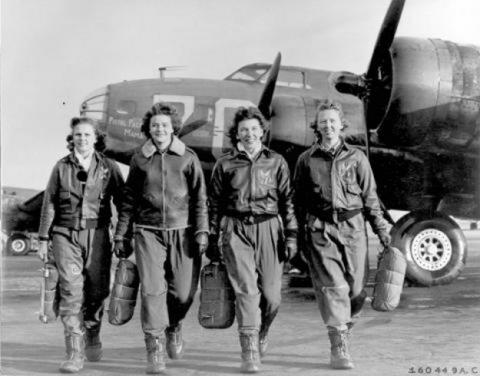Fighting for Women’s Rights, Roy Hollander is His Own Worst Enemy

In April, New York City Lawyer Roy Den Hollander sent out an email to women’s rights organizations asking if they could help him find someone who would be a plaintiff in a class-action lawsuit. He wanted to find women to help challenge the draft registration law that bars women from registering for the draft.
Currently, in the United States, women 18-25 are prohibited from signing up for the draft. If a woman wanted to sign up voluntarily, any user who marks “female” on the application form is rerouted to a page explaining the law which bars women from joining.
The idea of women’s conscription has been debated and rejected many times in American history, the most important of which was the 1981 U.S. Supreme Court Case Goldberg v. Rostker. The case ruled that because drafts are intended only for combat positions, and because women were excluded from combat positions, women are excluded from conscription.
But in January, the military opened up 300,000 combat positions to women, and expect to open the rest to women by January 2016, making the findings in Goldberg v. Rostker outdated.
The Center for Military Readiness declared in its May 2013 Policy Analysis that women’s conscription is an issue that must be solved before our country is in dire need.
“Congress should focus its time and efforts on the underlying problem: absence of women's exemption from direct ground combat,” reads the Policy Analysis. “This is the elephant in the room, and Congress needs to squarely decide what to do about it.”
Dr. Kara Dixon Vuic, a history professor and expert on military and gender at Highpoint University, agrees. She says that many women have wanted these options for a long time.
“Many women have historically pushed for greater access to the military and to combat roles because they believed service to be a duty they owed their country,” Vuic says. “They hoped that service would translate to equal citizenship, and they wanted the same benefits of service that men received.”

And so, Hollander’s case is valid and it is welcomed by both advocates for women’s rights and by many military authorities. But with no luck in finding a plaintiff five months later, he says he’s dropped the case.
Why can’t he find a plaintiff?
Unfortunately for Hollander, his reputation precedes him. A self-proclaimed “serial anti-feminist” who has advocated against the Violence Against Women Act, sued Columbia over having a women’s studies program (without a men’s studies program) and a New York City nightclub for having a “Ladies’ Night,” which he says is discriminatory toward men. His aim in this case isn’t for equal opportunity for women and men, it’s for Hollander alone to feel Schadenfreude.
In a country where women are becoming more prominent in economics, politics and science, Hollander sees these strides as a threat. His motto is that women’s empowerment is happening at the expense of men.
“What I’m trying to do now in my later years,” he told The New Yorker, “is fight everybody who violates my rights.”
Ironically, Hollander is in need of women’s rights advocates to help him prove that his rights as a male are being violated. Instead of realizing that equal opportunity for women would ultimately help his agenda, he continues to be spiteful and bite the hand that would ultimately feed him. Equipped with a rogue agenda and a vengeful attitude, unfortunately for women, for men and for Hollander, he’ll add this case to his portfolio of failures.
Author Bio:
Stephanie Stark, a contributing writer at Highbrow Magazine, is a freelance writer and web producer out of New York City. Her work focuses on social, religious and gender issues in the US. Follow her at @stephanie_stark.This article was first posted in astarkreality.com.





























































































































































































































































































































